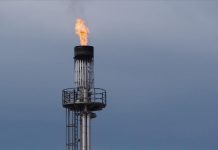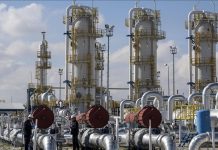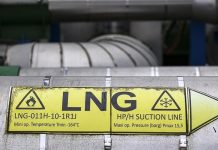The African Energy Chamber (CAE) on Monday praised the European Union’s intention to consider natural gas production as a green energy source, which benefits African producers, namely Mozambique.
“Africa’s advocacy for a fair and inclusive energy transition has been answered through the European Union’s historic proposal to consider natural gas as a green energy source,” reads a statement sent to Lusa, in which the CAE praises Europe for the initiative and says it hopes the United States will follow suit.
“Historically, Africa has always fought for sustainable development, but for this the continent needs to industrialise first, and must have the same opportunities as Europe and the other Western countries,” the statement, signed by CAE president NJ Ayuk, adds.
Mozambique is poised to become one of the world’s largest producers of natural gas, following investments made by energy companies in recent years in the northern province of Cabo Delgado, even though terrorism in the region has slowed down planned investments.
“The idea of natural gas serving as a transitional source of energy has long been promoted by African nations and therefore CAE commends the European proposal as a historic development that warrants a positive evolutionary outlook for an inclusive energy transition”.
“We have had our disagreements with our European friends, but there has always been constructive, behind-the-scenes dialogue with European policymakers,” NJ Ayuk noted, adding that these discussions were “critical for us to share the same point of view on liquefied natural gas, a low-carbon fuel.”
For the head of CAE, “the demonisation of the African oil and gas industry has to stop, and investments need to flow into this sector”.
International energy companies, he argued, must focus their investments on reducing carbon emissions within the gas value chain and focus on this fuel as the preferred one to ensure Africa’s industrialisation and, at the same time, environmental awareness.
“Africa faces unique challenges and must be given time to make its energy transition according to its needs,” he concluded.
The European Commission presented to the 27 member states of the EU bloc at the end of last year a draft green (sustainable) labelling of nuclear and gas power plants to facilitate the financing of facilities that contribute in the fight against climate change.
The document establishes the criteria to classify investments in nuclear or gas power plants for electricity production as “sustainable”, with the aim of directing “green finance” towards activities that contribute to the reduction of greenhouse gases.






